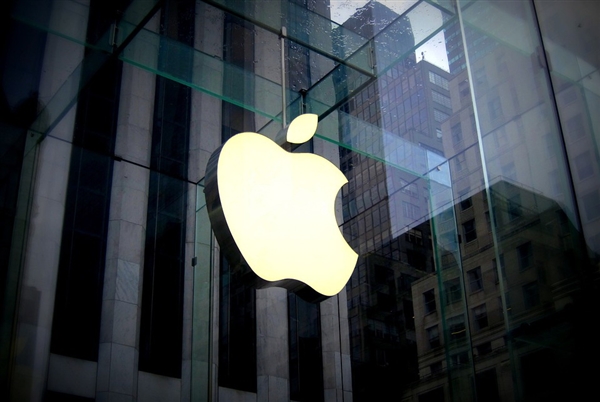May 28 2025 – According to Apple’s latest annual fraud analysis report for the App Store, the platform has successfully thwarted fraudulent transactions totaling over 9billioninthepastfiveyears,withover2 billion blocked in 2024 alone.
Apple emphasized its commitment to delivering an ultra-secure experience for users and providing developers with a comprehensive set of tools and resources. This includes a robust transaction system that spans 175 regions worldwide, ensuring safe transactions for customers. With an average weekly visitor count exceeding 813 million, the App Store has established itself as a trusted platform for users to download desired apps and explore new experiences.

Apple’s sophisticated anti-fraud system is adept at swiftly identifying and eliminating malicious developers and customer accounts. In 2024, the company terminated more than 146,000 developer accounts due to fraud risks and rejected 139,000 developer registration applications, effectively preventing unsavory individuals from submitting apps to the App Store. Additionally, Apple rejected 711 million suspicious user account creations and disabled nearly 129 million accounts last year, curbing harmful activities such as spamming, rating manipulation, chart manipulation, and search result tampering that could compromise the App Store’s integrity.
Apple’s security commitment extends beyond the App Store. The company is dedicated to preventing users from accessing high-risk software distributed through pirated app markets. In 2024, Apple detected and blocked over 10,000 illegal apps from pirated sources, including malware, pornographic apps, gambling apps, and pirated versions of legitimate App Store apps. By restricting these channels, Apple also safeguards developers from app cloning, tampering, or being used as vectors for malware distribution. In the past month alone, Apple has thwarted nearly 4.6 million attempts to install or run apps from non-App Store or unauthorized third-party markets.












